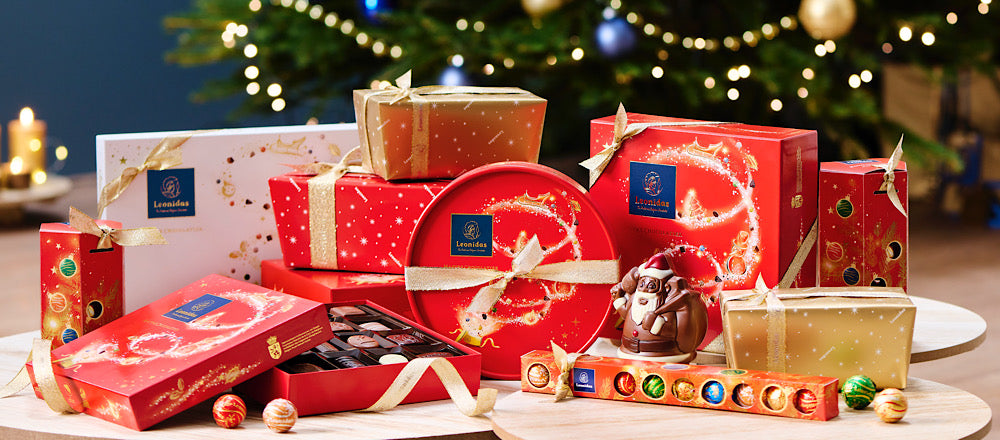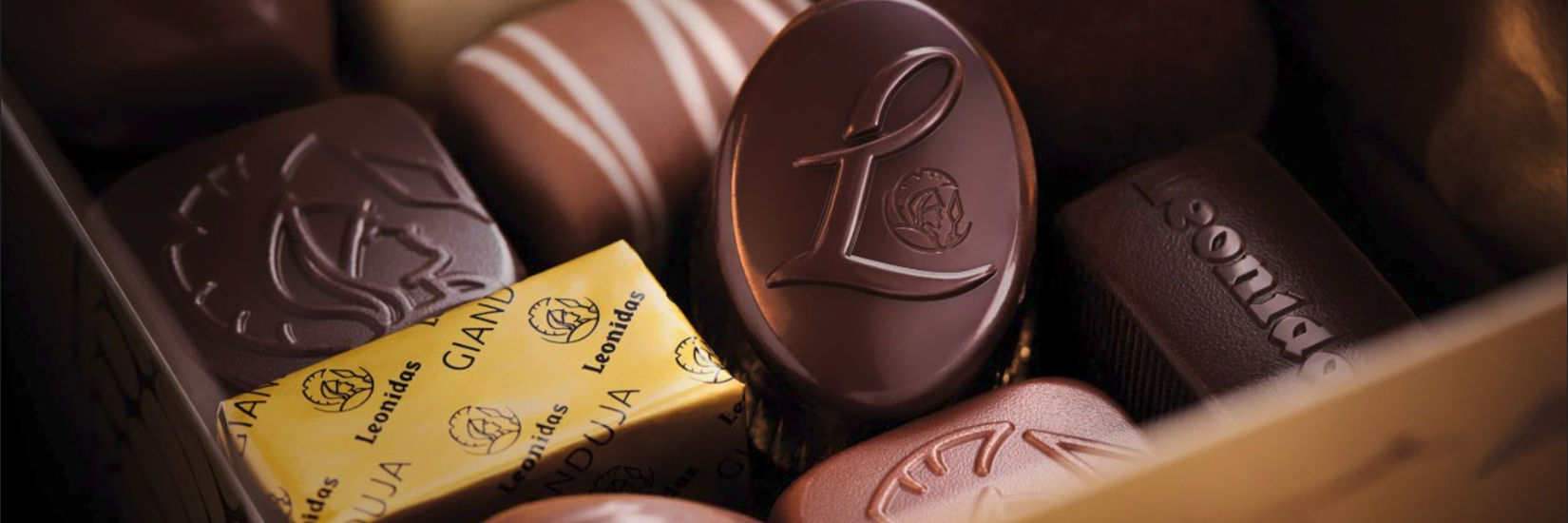The Mystical Origins of Chocolate
The origins of chocolate date as far back as fifteen hundred years ago in the Central American rain forests (this provided the ideal mixture of high rain fall, high year round temperatures and humidity necessary to grow the Cacao Tree).
The ancient Central American Mayan and Aztec Civilizations worshipped the Cacao Tree and believed it to be of divine origin. Cacao is actually a Mayan word meaning "God Food", that was then used to give the tree its modern generic Latin name 'Theobrama Cacao' (meaning ‘Food of the Gods’)
The Maya used to consume it as a drink, this was brewed by roasting and pounding the seeds of the Cacao Tree (cocoa beans) and mixing this product with maize and Chilli peppers, the mixture was allowed to ferment and had a spicy, bitter sweet taste. This drink was only consumed in ceremonies, and was reserved for the wealthy and religious elite; they also ate Cacao porridge.
The Aztecs of Central Mexico prized the beans so highly that they used them as currency - 100 beans bought a Turkey or a slave - and tribute or Taxes were paid in cocoa beans to Aztec emperors. The Aztecs drank Cacao and call this drink Xocolatl. When the Spanish conquistadors arrived they found this almost impossible to pronounce and so they adopted the easier name of 'Chocolate'.
The Aztec's Emperor, Montezuma, reputedly drank it regularly and he is quoted as saying of Xocolatl: "The divine drink, which builds up resistance and fights fatigue. A cup of this precious drink permits a man to walk for a whole day without food"
In fact, the Aztec's prized Xocolatl so much that after conquering the Aztec capital, when the conquistadors arrived to Montezuma’s Palace and asked to be shown to the Treasure Chamber, they did not find the expected Gold or Silver, but piles of cocoa beans.
It was the Spanish who converted the drink into a more palatable drink by mixing the roasted cocoa beans with sugar and vanilla (a practice still continued today), thus offsetting the original spicy bitterness
Mass produced chocolate soon commenced in Spain, and by the early 17th century chocolate powder - from which the European version of the drink was made - was being exported to other parts of Europe. The Spanish kept the source of the drink - the beans - a secret for many years.
It was only in the early nineteenth century that a Dutch chemist, Johannes Van Houten, invented a method to extract the “cocoa butter” from the roasted ground beans. This lead to the creation of solid chocolate as we know it.
Mass produced chocolate can be made with little cocoa solids (as low as 7%), with most of the chocolate butter replaced by vegetable oil or other fat, while this results in a cheaper process it also affect the quality of the product, and this should truly not be referred as chocolate but as “chocolate flavored sweet”.
Leonidas Chocolates pride themselves on adhering to the traditional high quality flavors. Our chocolates are a uniquely fresh product. Our chocolates do not contain any vegetable fat, and we use only 100% cocoa butter. We use also fresh butter and cream in our butter creams in order to give them their unique flavor.
In addition Leonidas commitment to quality is recognized by having acquired the prestigious ISO 9001 Certificate for Quality. This certification is not generally pursued by other manufactures as it goes beyond the standard necessary requirements to produce chocolate. It is only because of our high quality production methods that we have been able to secure it.
There are only 1400 outlets across the world selling Leonidas chocolates; the strict company requirements for careful storage and freshness of the products make opening an outlet a lengthy and costly process.
We are proud to have been approved as a distributor since December 2004. Our background in high quality food products made us the ideal representatives for the brand in the Kensington area.



